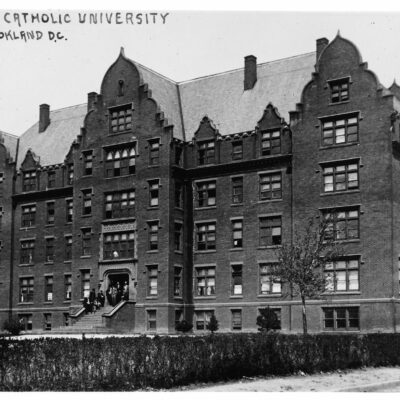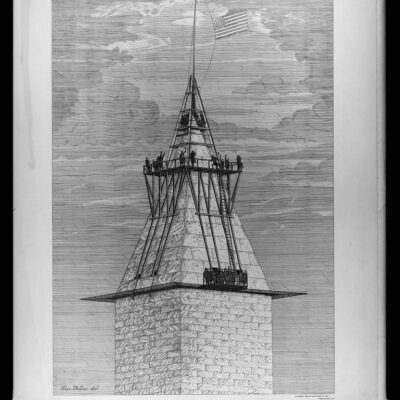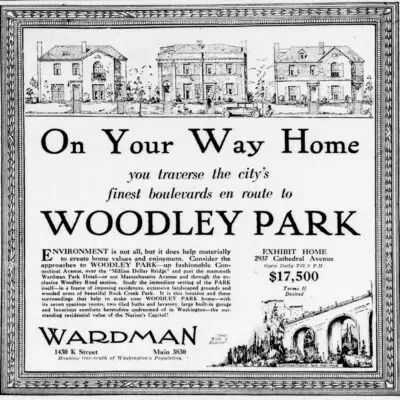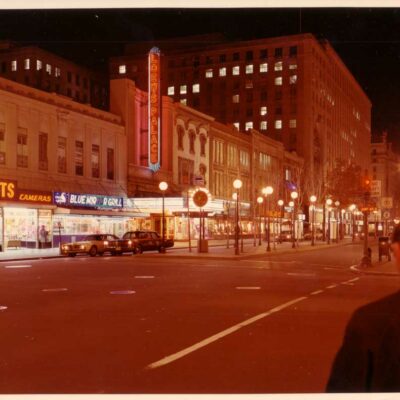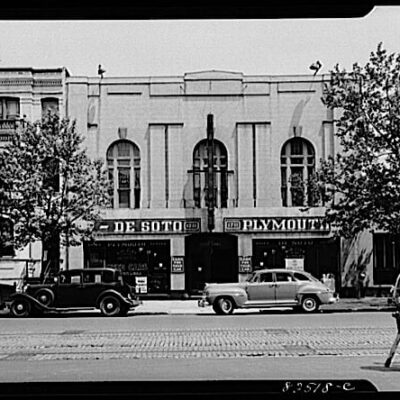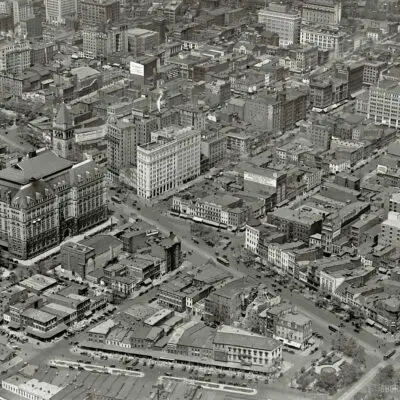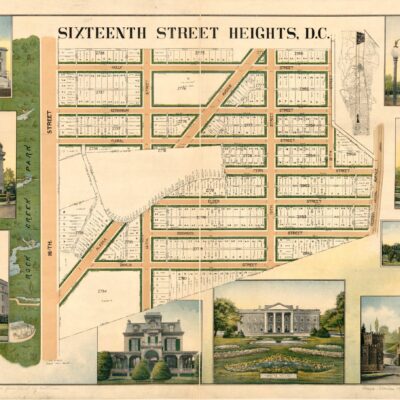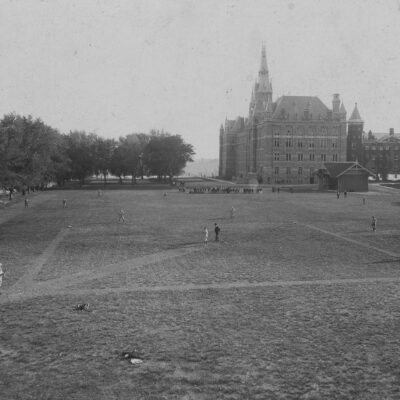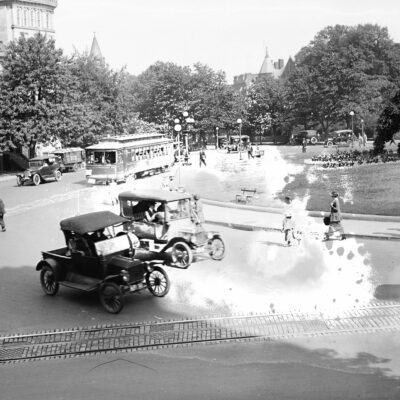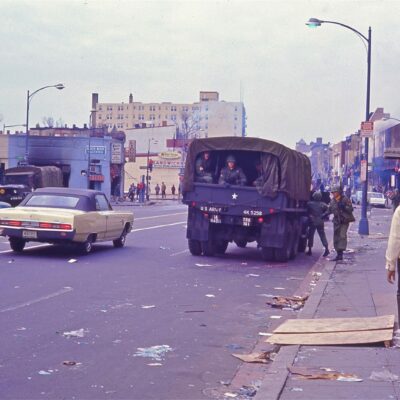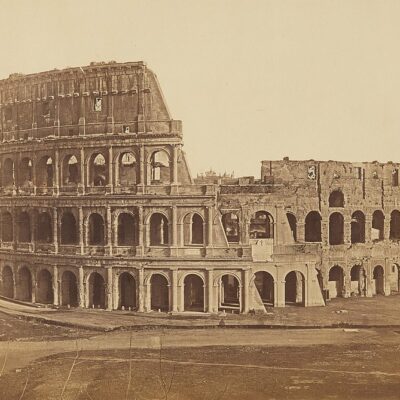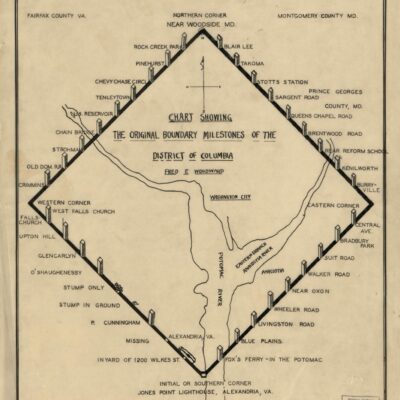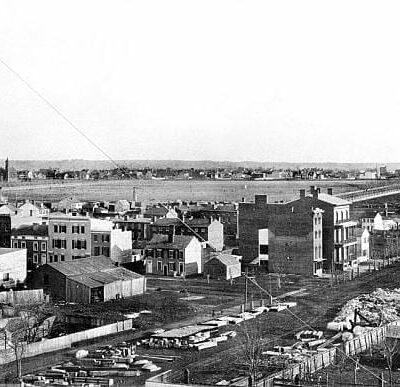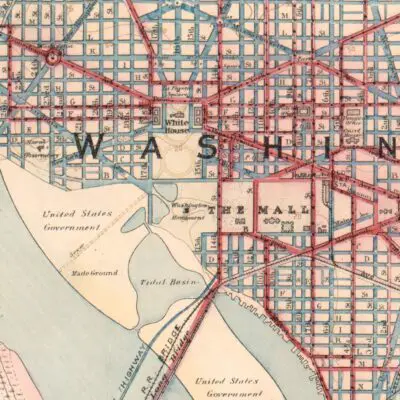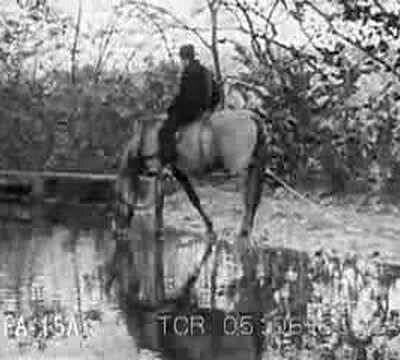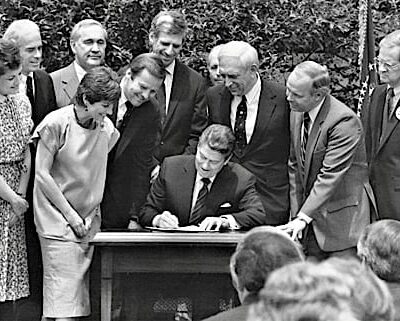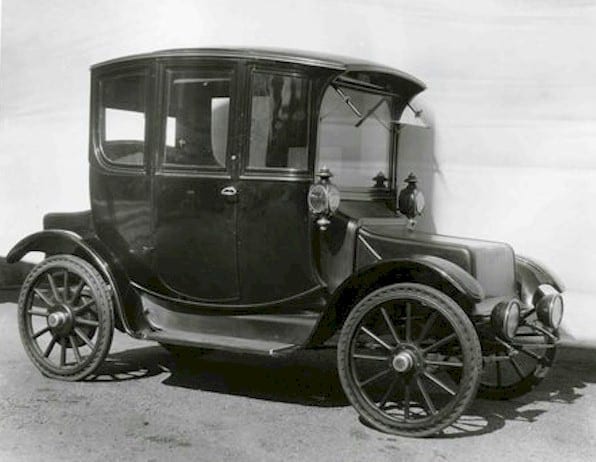
Amid the implosion of yet another DC council member this week (what part of public trust don’t you guys understand?), it’s only apropos to post a story like this.
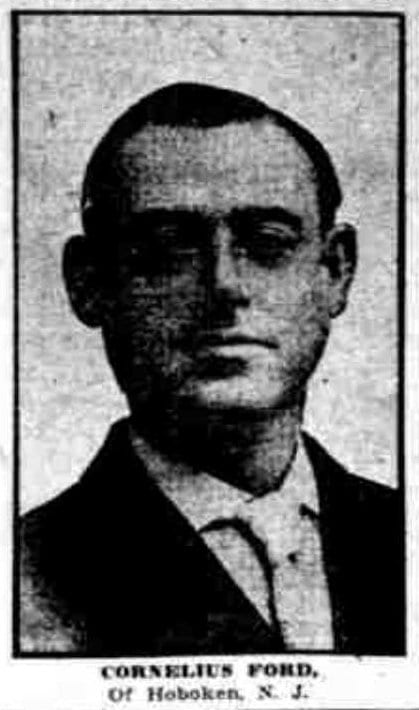
Sadly, our outrage is not something unique, as contemporary public officials are not the only geniuses that have leveraged their authority for personal gain. Oh no … well before our recent Navigatorgate (and “Bullet Proof“), there was another local scandal over the misuse of government funds for an automobile.
Cornelius Ford came from New Jersey in support of former governor and President Woodrow Wilson. He was nominated in a contentious appointment by Wilson to head up the Government Printing Office in 1913. He’s an article from June 25th, 1914 that sounds very familiar to something we experienced here recently.
Democratic economists in the House struggled over the eternal automobile question again yesterday. this time it came up in connection with consideration of the sundry civil bill, the discovery having been made that Public Printer Ford, who is a New Jersey Democrat, rides about the city in a handsome electric, which was purchased for $4,000 by government funds. Representative Fowler of Illinois, started the discussion. He said “as a Democrat” he could see no use for an automobile.
Representative Mondell, Republican, of Wyoming, suggested that the auto, which is the pride of the public printer, was purchased from an appropriation headed “for the purchase of electric appliances.” Mr. Fowler sat down speechless, and the thread of the debate was taken up by Representative Percy Quin, a Democrat, of Mississippi, who shouted:
“I am getting sick and tired of this business. In this city it is a common sight to see little officeholders riding around in big automobiles.”
“I have seen $2,000 officerhouders [sic] riding about in $4,000 cars, bought with money drained from the burdened taxpayers of the land. This thing has got to be stopped.”
Somebody volunteered the information that the electric was used to carry money from the Treasury to the printing office.
“I’m glad to walk to get my money,” declared Mr. Quin.
Whereupon the House put an amendment in the bill, stipulating that hereafter Mr. Ford should use his car only to carry printing material, and that its utilization for purposes of pleasure should be stopped.
It’s somewhat odd when the public expresses shock when an incident like this happens again. It’s a scandal as old as public service itself. Our feeling is largely in part, a collective disappointment that it happened again.
However, the outrage should never wane, in fact, each time it should get even worse because we hope that the aggregation of all these breaches of public trust, public officials should fully understand how unacceptable this untouchable attitude and behavior is to their constituents.

Mr. Ford remained in Washington and in the 1920 U.S. Census, he’s listed as owning the residence at 1110 East Capitol St. NE, right off of Lincoln Park (Zillow listing here). He had quite a large family with him, Catherine, his wife, three sons and three daughters, ranging in age from 28 to 12.
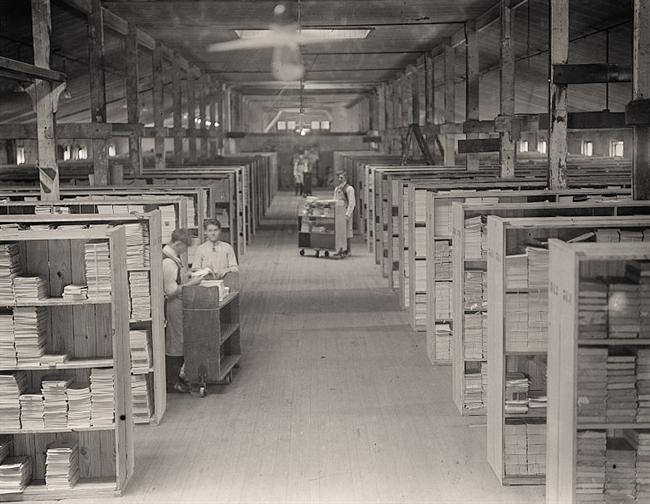
![Maps accompanying the report of the operations of the Engineer Department of the District of Columbia : for the fiscal year ended June 30, 1891 : [Washington D.C.] / compiled by Capt. W.T. Rossell, U.S. Eng'rs ; compiled by Capt. J.L. Lusk, U.S. Eng'rs.](https://ghostsofdc.org/wp-content/uploads/sites/7/2013/08/cs000001-400x400.jpg)
